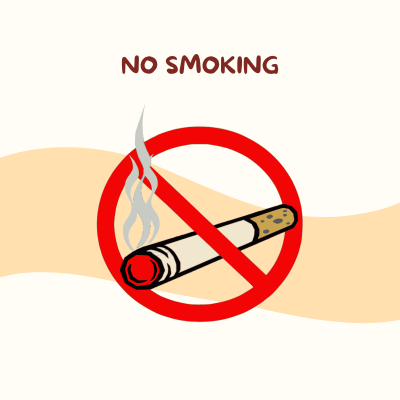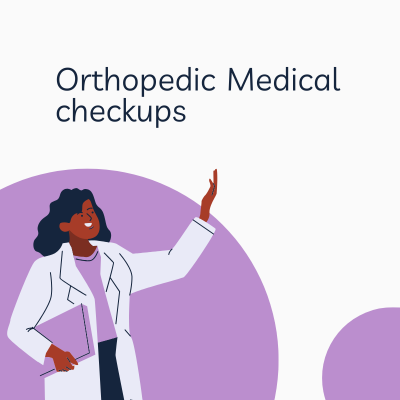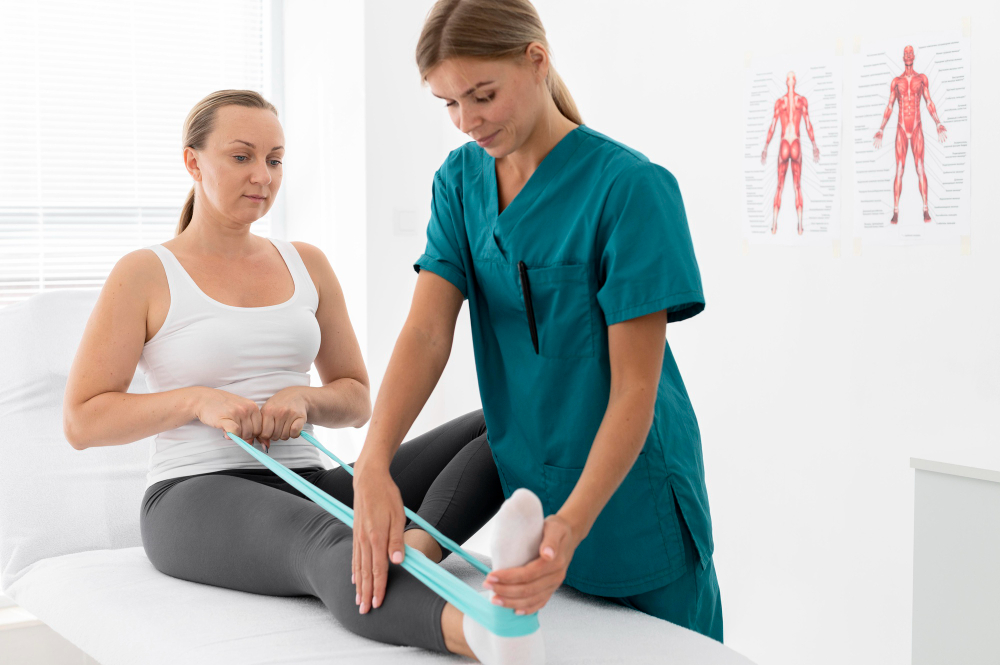Healthy bones and flexible joints are the foundation of an active and pain-free life. As leading orthopedic doctors in Indore,Dr.Tarkit Modi, emphasize on bone and joint care doesn’t have to be complicated, but it does require making smart daily choices. Whether you’re in your youth or your golden years, the advice below, grounded in real experience from Indore’s top specialists, can help everyone move better, avoid injuries, and enjoy long-term bone health.
1. Eat Nutrition-Rich Foods for Stronger Bones
A balanced diet is the first building block for bone health. Orthopedic experts in Indore highly recommend:
- Calcium-rich foods: Dairy (milk, curd, paneer), leafy greens (spinach, kale), almonds, and ragi.
- Vitamin D: Sunlight exposure is the best source. Also, include fortified foods, eggs, or supplements if prescribed.
- Protein: Essential for muscle and bone repair—consume dal, nuts, seeds, fish, or lean meat.
- Magnesium and Vitamin K: Found in nuts, whole grains, and green veggies, these help absorb calcium.
Doctors caution that processed foods, excess soft drinks, or excessive salt can reduce calcium in bones. Adopting local, seasonal produce is encouraged by orthopedic clinics in Indore as a sustainable choice.

2. Stay Physically Active Every Day
Exercise keeps joints moving and muscles strong, which protects bones from injury and degeneration. Top orthopedic doctors recommend:
- Weight-bearing activities: Include brisk walking, jogging, skipping, or stair climbing to improve bone density.
- Strength training: Lifting light weights or doing bodyweight exercises (like squats and lunges) builds both muscle and bone.
- Flexibility and balance exercises: Yoga and stretching prevent stiff joints and lower the risk of falls.
- Swimming and cycling: Excellent for those with joint pain, as they reduce impact but help mobility.
Indian orthopedic specialists in Indore say even 30 minutes daily offers major benefits and advise customizing activities to your age and fitness level.

3. Watch Your Posture & Ergonomics
Bad posture is a silent threat, especially if you use computers or mobile devices often. Expert doctors in Indore advise:
- Maintain a straight back while sitting or standing.
- Use ergonomic chairs and take regular breaks at work.
- Don’t hunch over phones; keep them at eye level.
- When lifting objects, bend your knees, not your back.
These small changes help prevent chronic neck, back, and shoulder pain and protect your joints from wear and tear.

4. Keep a Healthy Weight
Every extra kilogram puts extra pressure on your knees and hips. For example, overweight people can put up to five times their body weight’s pressure on their knee joints with each step. Indore’s top orthopedic doctors highlight healthy weight as key to:
- Reducing osteoarthritis and lower back pain
- Reducing joint damage after injuries
- Speeding up recovery after bone or joint surgery
Adopt a routine of moderate physical activity and balanced meals to keep your body weight in check.

5. Stay Hydrated
Water is crucial for joint lubrication and shock absorption. Doctors advise at least 8 glasses (2 liters) of water daily, more in summer or if you’re very active.

6. Mind Your Footwear
Ill-fitting or unsupportive shoes can cause knee, hip, and back issues. Orthopedic advice includes:
- Wear cushioned, supportive shoes, especially during exercise or long hours on your feet.
- Replace shoes when worn out, especially if you feel foot or joint pain.
- Avoid high heels or completely flat footwear for daily use.
7. Limit Smoking & Alcohol
Smoking slows bone healing, weakens bones, and damages the blood supply to joints. Excess alcohol can reduce bone formation and also contribute to falls or fractures. Doctors in Indore suggest quitting smoking and keeping alcohol consumption occasional.

8. Routine Orthopedic Checkups
Many bone and joint issues can be caught early—before they turn serious—with routine checkups, especially if you have:
- Family history of arthritis or osteoporosis
- Persistent joint pain
- Recent fractures or frequent falls
- Age above 50
Annual bone density tests (DEXA scans) may be advised if you are at higher risk.

9. Act Promptly on Injuries or Pain
Never ignore joint pain, swelling, or injuries. Timely diagnosis and proper care make recovery quicker and help avoid chronic issues or surgeries. Follow your orthopedic doctor’s guidance on rest, rehab, and resuming activity after injury.
10. Personalized Exercise and Rehab Plans
If you already have joint issues or a history of injuries, your orthopedic doctor in Indore will design a tailored exercise and physical therapy plan for you. This ensures safe movement, strong muscle support, and avoids further injury.
Healthy bones and joints are not just about avoiding pain—they are your ticket to a fuller, freer, and more joyful life. By following these simple, expert-backed tips, you protect yourself from injury and chronic disability. And if problems do arise, early medical attention from a trusted orthopedic doctor in Indore ensures the best chance at a strong recovery and long-term mobility. Contact us today for more information.
Frequently Asked Questions
1. What are the best foods for strong bones and joints in Indore?
Dairy products like milk, curd, and paneer, along with leafy greens, ragi, eggs, nuts, and seeds, provide essential calcium and protein. Getting daily sunlight is also important for Vitamin D, which helps your body use calcium effectively.
2. How does daily exercise help my bone and joint health?
Regular weight-bearing activities (like walking, jogging, or yoga) and strength training boost bone density, flexible joints, and muscle support, making you less prone to injuries and osteoporosis.
3. What postural habits can I adopt to prevent joint pain?
Use ergonomic chairs, keep your back straight, avoid hunching over devices, and take frequent breaks if you work on a computer. Always bend your knees—not your back—when lifting objects to protect spinal health.
4. When should I consult an orthopedic doctor in Indore?
Visit a specialist if you experience persistent joint pain or swelling beyond two weeks, suffer repeated injuries, have trouble with daily activities, or have a family history of bone diseases like arthritis or osteoporosis.
5. How does my weight impact bone and joint health?
Excess weight puts added pressure on joints, especially knees and hips, increasing the risk of osteoarthritis and slowing down recovery after injuries. Maintaining a healthy weight supports long-term bone health.
6. How can I prevent osteoporosis as I age?
Eat a calcium-rich diet, exercise regularly, avoid smoking and excess alcohol, and schedule regular checkups after the age of 50. Bone density tests (DEXA scans) are helpful if you’re at risk.
7. What kind of footwear do orthopedic doctors in Indore recommend?
Choose cushioned, supportive shoes with good arch support for daily use and exercise. Replace old, worn-out shoes to prevent foot, knee, and back discomfort, and avoid high heels or completely flat shoes for everyday wear.
Posted by : Dr. Tarkit Modi
MBBS, MS (Orthopaedics) , FIJR, FIAS- (Fortis Hospital,Delhi)
Specialist in Joint Replacement and Arthroscopy, Shoulder, Hip, Knee & Orthopedic Surgeon in Indore

